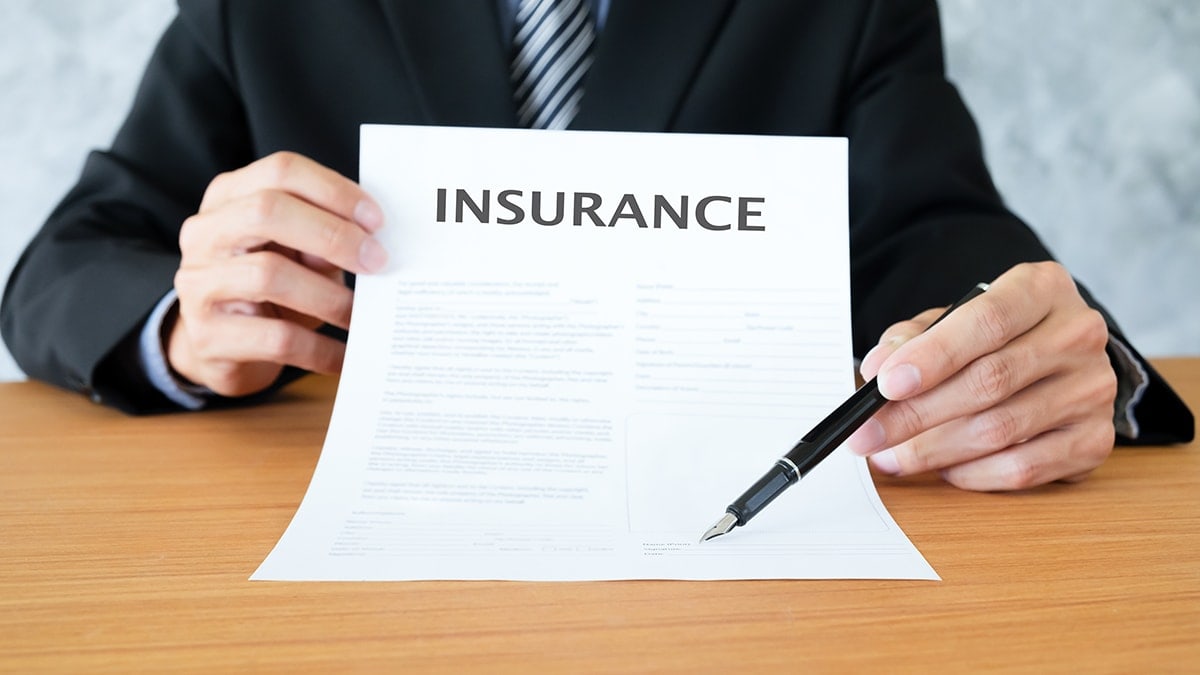Public liability insurance pays if a customer has an accident on your business premises, like slipping on a wet floor, breaking a leg and smashing a computer.
If a claim follows the incident, you could pay damages for the injury, compensation for lost earnings, and legal and professional fees.
Table of contents
In some severe cases, the claim can amount to tens of thousands of pounds.
If your business doesn’t have public liability insurance, the money comes from you or the business.
Read this guide to find out how public liability insurance works and why every business needs cover.
What Is Public Liability Insurance?
Public liability insurance protects against the cost of claims made by the public for incidents connected to the owner’s business activities.
The incidents covered by the policy are:
- Personal injuries, including illness
- Death
- Loss or damage to property
Compensation not only includes any payment to the claimant, but any legal or professional fees linked to the claim.
Although policy terms differ between insurers, most public liability policies cover incidents on your business premises and off-site events organised by the business.
Why Do I Need Public Liability Cover?
A business should consider the cover if:
- You trade from business premises
- You organise off-site events
- You run a business from home
And customers, contractors or other members of the public visit your premises or events.
Public liability insurance is not a legal requirement unless you run a horse riding business.
The policy doesn’t cover employees, volunteers, temporary workers, students or anyone on work-placement.
Employer liability insurance covers these exceptions in the same way as public liability insurance covers third parties.
Who Can Apply For Public Liability Insurance?
Public liability insurance is for business owners and anyone organising a special event.
Many trade organisations lay down minimum cover levels as a condition of membership, while businesses expect contractors to take out a policy before allowing them to work.
Public liability cover is often included in policy packages, like standard home insurance and landlord insurance.
How Much Does Public Liability Insurance Cost?
Premiums are typically based on:
- Your business type
- How many people you employ
- Your insurance history
Expect to pay from £120 a year for a small business seeking cover of £1 million a year.
Product Liability Insurance
Product liability cover is often included in a public liability policy. The insurance pays compensation if a product made, distributed or sold by a business is the cause of an injury or property damage to a third party.
The cover applies to off-site incidents that occur up to 36 months after the product’s first use.
What’s Not Covered By Public Liability Insurance?
Public liability insurance has a range of common exclusions, such as:
- Loss or damage to business property or equipment – this is covered by commercial building and contents cover
- Design and advice – if your business gives advice, drafts plans or other documents, you need professional indemnity cover rather than public liability insurance
- Road accidents – cover is provided by your business motor insurance
- Product recall – this is not standard cover under a public liability policy but can be added by some insurers
Public Liability Insurance FAQ
How much public liability cover do I need?
The level of cover your business needs depends on what your business does, the turnover, the number of employees and other risk factors, like your claims history and if any dangerous materials are involved in what you do.
UK public liability cover comes in four levels – £1 million, £2 million, £5 million and £10 million.
Some policies set levels ‘per occurrence’ – the most an insurer will pay for a single claim – while others set a ‘per year’ limit, the most the policy will pay in 12 months.
Do I have to pay a public liability excess?
This is something to discuss with the insurer. An excess is a contribution a business makes towards settling a claim. Paying an excess can reduce the cost of cover, and different parts of the policy may have other excess payments.
Injury claims rarely have an excess, while property damage claims are likely to have one.
Is public liability cover available for the self-employed?
Public liability insurance is available for the self-employed, charities, not-for-profit organisations, partnerships and limited companies.
Is public liability cover a legal requirement?
Only horse riding establishments must have public liability insurance by law. Otherwise, the cover is optional.
Do I need product liability cover?
Like public liability insurance, product liability cover is optional., but you should consider protecting your business and reputation if you design, make, distribute or sell a physical product, even if it’s given away for free.
What are general and third-party liability insurances?
These terms are alternate names for public liability insurance. General and third-party liability policies do not exist in the UK market.
Related Information
Below is a list of related articles you may find of interest.
